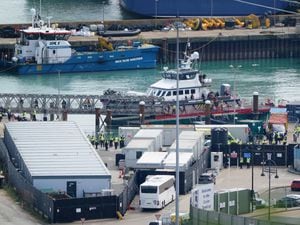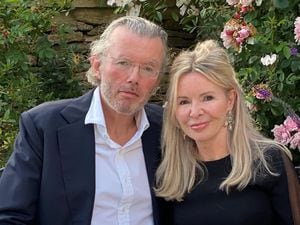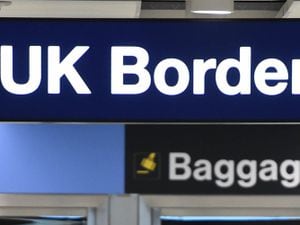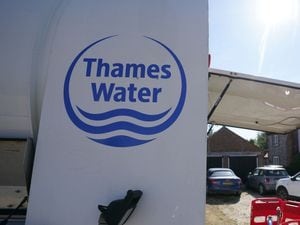Activists board supertrawler to prevent it from fishing in ‘protected waters’
Greenpeace members targeted the Helen Mary vessel in the North Sea.
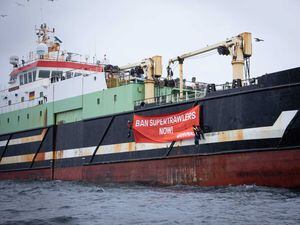
Greenpeace activists have boarded a supertrawler in the North Sea and prevented it from fishing in what it claims are protected waters.
The environmental group said the Helen Mary vessel was fishing in the Central Fladen protected area, east of Scotland.
Activists from the Greenpeace ship Esperanza boarded the 117 metre-long vessel and hung a banner reading: “Ban supertrawlers now.”
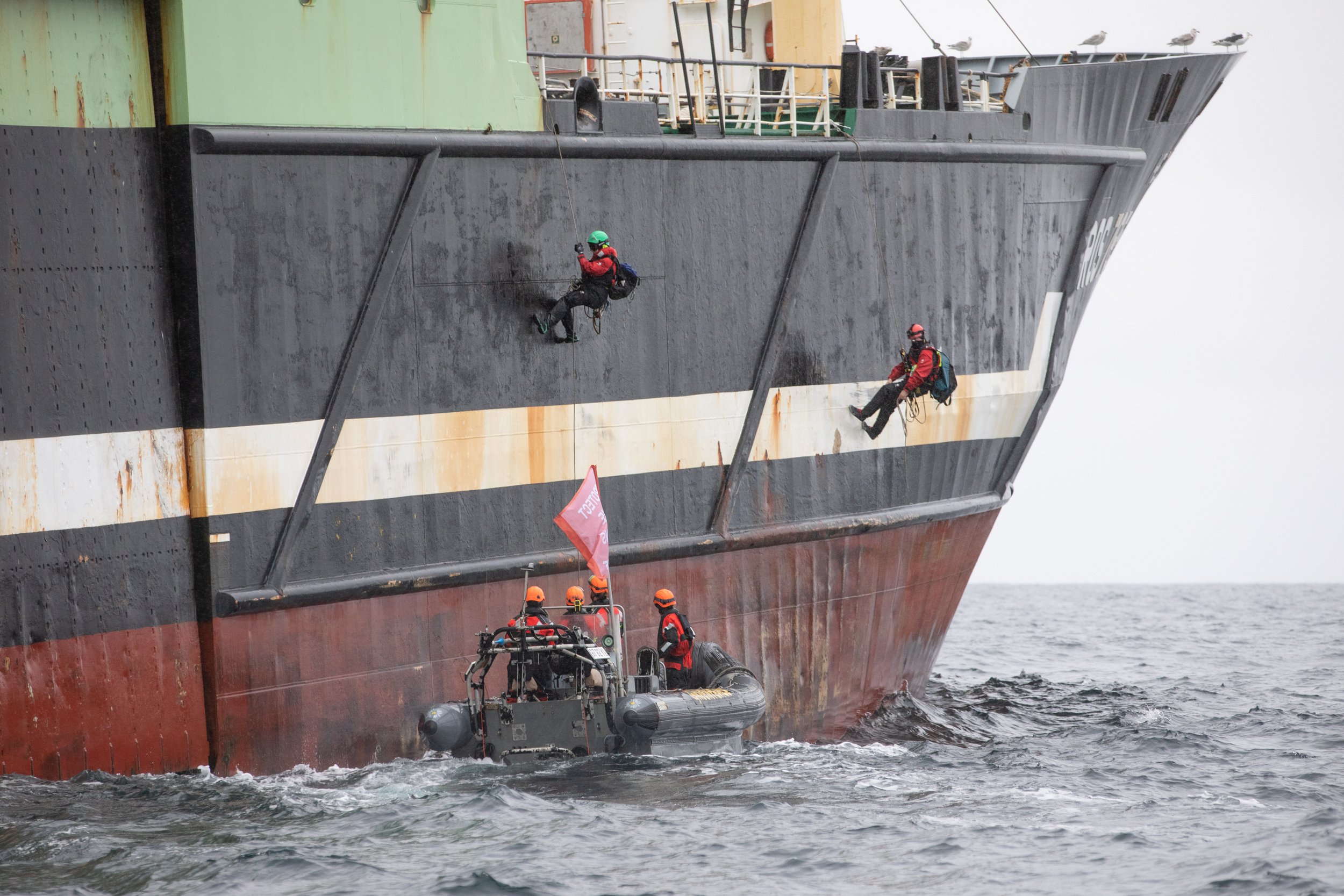
They placed fishing deterrents in the supertrawler’s nets before the Germany-registered Helen Mary left the area.
In 2019, the same vessel was detained at sea by Marine Scotland on suspected fishery offences.
The ship is owed by Parlevliet & Van der Plas, based in the Netherlands.
They said the vessel was detained briefly in 2019 but released the same day without penalty.
Gerard van Balsfoort, president of the Pelagic Freezer-trawler Association, of which Parlevliet & Van der Plas is a member, said: “These vessels were operating entirely legally. Greenpeace’s campaign peddles mistruths and ignores the scientific basis for MPAs (Marine Protected Areas).
“After decades of collaboration with governments and the scientific community the processes pelagic fishing has in place ensure we are fishing sustainably.”
Supertrawlers are high intensity fishing vessels, capable of catching hundreds of tonnes of fish each day using nets up to a mile long.
Greenpeace say the intensity with which they fish negatively impacts the entire marine ecosystem, but industry bodies say pelagic fisheries concern species that do not live near to protected seabeds.
Chris Thorne, a Greenpeace UK oceans campaigner on board Esperanza, said: “Supertrawlers have no place in our protected areas.
“What use is a protected area, when the highest intensity industrial fishing vessels are allowed to operate inside it?
“Regardless of whether a protected area protects the seabed, or marine life like porpoises which are directly threatened by supertrawlers, the operations of a supertrawler in a supposedly protected area make a mockery of the word protected.”
A Scottish Government spokesman said: “We do not comment on individual cases but given that our fisheries and marine environment are, in many cases, shared with neighbouring coastal states, strong partnership working and robust information sharing with the EU and others is vital to meet shared challenges and protect common interests.
“The Scottish Government investigates all allegations of illegal activity thoroughly and will act to enforce the law and rules governing international fishing where illegality has been found to have taken place.”

